Get Started for FREE
Sign up with Facebook Sign up with X
I don't have a Facebook or a X account

 Your new post is loading... Your new post is loading...
 Your new post is loading... Your new post is loading...

Alfredo Corell's curator insight,
October 1, 2014 5:56 PM
2014 is the year of personalized learning. have a look to this simple and useful compilation of trends in Teaching and Learning for this year
Sample Student's curator insight,
May 5, 2015 10:14 PM
We often ask our students to create annotated bibliographies, and this focuses on their capacity to evaluate and make decisions about the validity, reliability and relevance of sources they have found. using Scoop.it, we can ask them to do much the same thing, but they will publish their ideas for an audience, and will also be able to provide and use peer feedback to enhance and tighten up their thinking. This is relevant to any curriculum area. Of course it is dependent on schools being able to access any social media, but rather than thinking about what is impossible, perhaps we could start thinking about what is possible and lobbying for change.
Sample Student's curator insight,
May 5, 2015 10:18 PM
We often ask our students to create annotated bibliographies, and this focuses on their capacity to evaluate and make decisions about the validity, reliability and relevance of sources they have found. Using Scoop.it, we can ask them to do much the same thing. But they will publish their ideas for an audience, and will also be able to provide and use peer feedback to enhance and tighten up their thinking. This is relevant to any age, and any curriculum area. Of course it is dependent on schools being able to access social media. But rather than thinking about what is impossible, perhaps we should start thinking about what is possible, and lobbying for change. Could you use a Scoop.it collection as an assessment task? |

Alfredo Corell's curator insight,
June 7, 2013 6:44 PM
An expert always provides feedback on the next steps....
A facilitator... facilitates the student to learn from peer feedback and self reflection 
Begoña Iturgaitz's curator insight,
June 13, 2013 11:44 AM
focus on chart. The other ideas are the ones we've been dealing with for...ten years? Nire iritziz taula da interesgarriena. Gainerako ideiek +10 urte? dauzkate. |





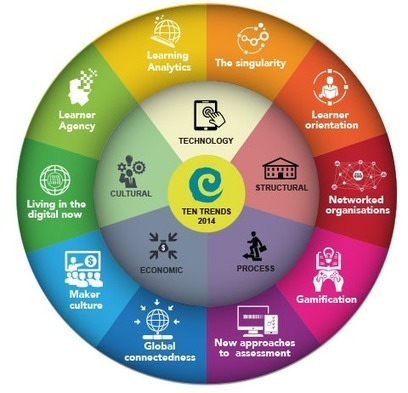


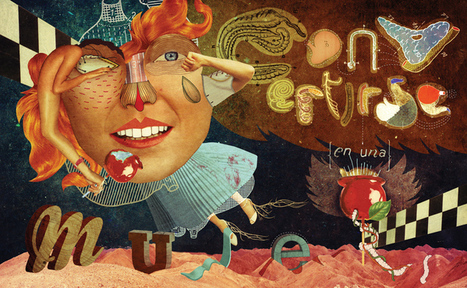

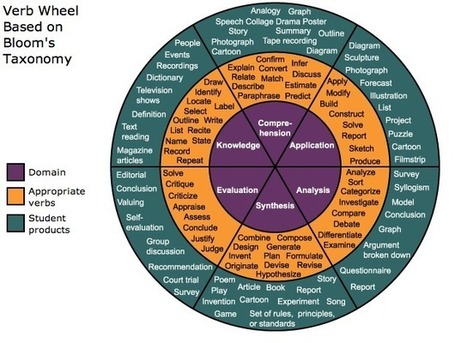

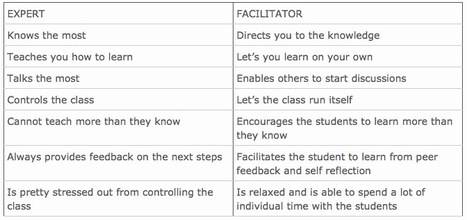

![How to Create a Robust and Meaningful Personal Learning Network [PLN] | Educación y TIC | Scoop.it](https://img.scoop.it/-un2E93Sgy-__OdAOKp2Gjl72eJkfbmt4t8yenImKBVvK0kTmF0xjctABnaLJIm9)
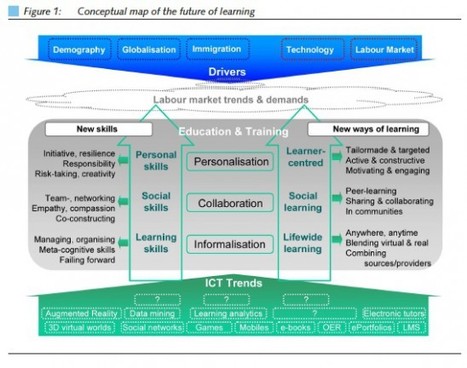





Science is pretty clear Learning by teaching can help improve student efficacy, confidence and communication skills. You can accomplish that by using adjuncts, have them teach during a lesson, teach small groups within the larger group. I’m a huge fan of peers teaching each other ...